People
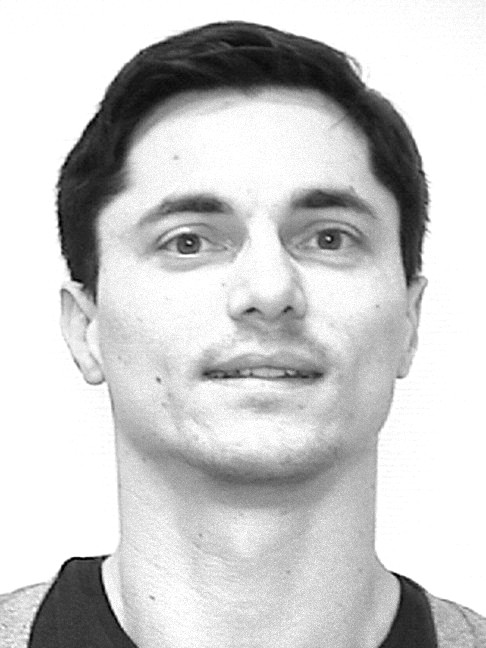
Simen Bræck, Associate professor
Simen Bræck obtained his Master and PhD in condensed matter physics from the University of Oslo. His current scientific interests include gravitational physics, condensed matter physics and quantum physics.
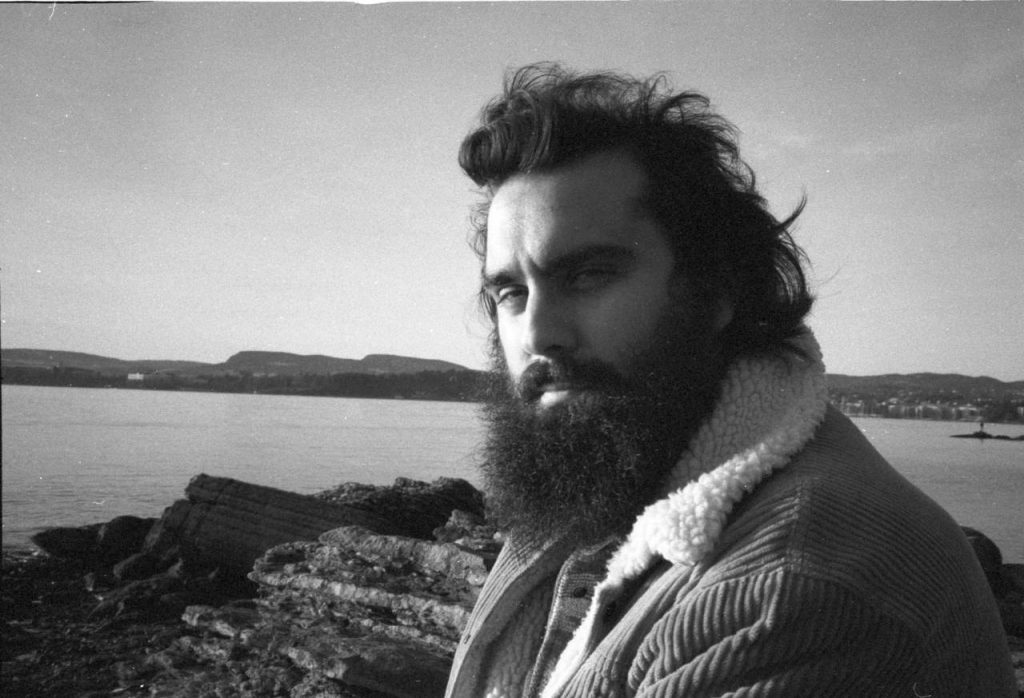
Mihaly Andras Csirik, Postdoc
Mihaly received his PhD in applied mathematics at the Eotvos Lorand University at Budapest. He worked as a postdoc at the University of Oslo and the Wigner Research Centre for Physics in Budapest. After his initial work in nonlinear analysis and PDEs, he worked on coupled-cluster theory. He is a member of ERC project REGAL and he is currently focusing on the mathematical aspects of density-functional theory.
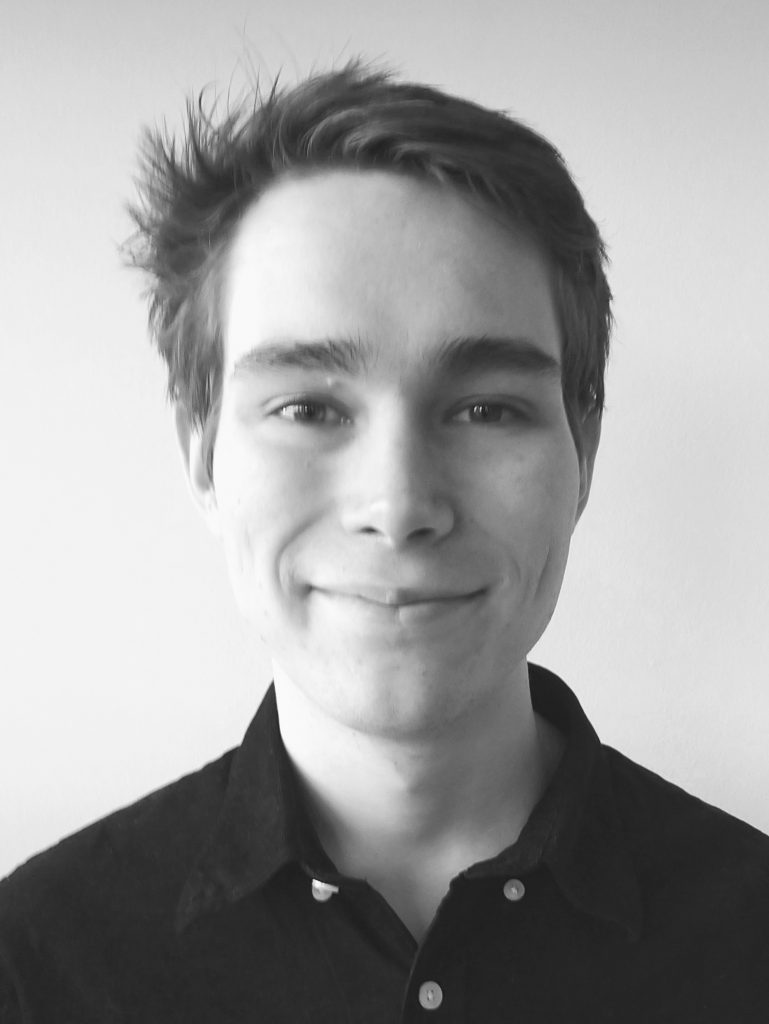
Bendik Steinsvåg Dalen, PhD candidate
Bendik Steinsvåg Dalen is a PhD candidate concerned with numerical simulations of quantum phenomena. In particular he focuses on the time evolution of quantum matrices, which has applications within many different areas in quantum physics including noisy quantum computing. He received his master’s degree within computational science at the University of Oslo, with a thesis titled «Characterization of Cardiac Cellular Dynamics Using Physics-informed Neural Networks
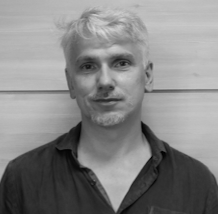
Sergiy Denisov, Professor
Sergiy Denysov is a physicist (a theoretical one). He received his PhD in Ukraine in 2001 and then worked at different research centers and universities in Israel and Germany. His main scientific interests are computational quantum physics and quantum computing. He also do some research on random walks and diffusion processes.
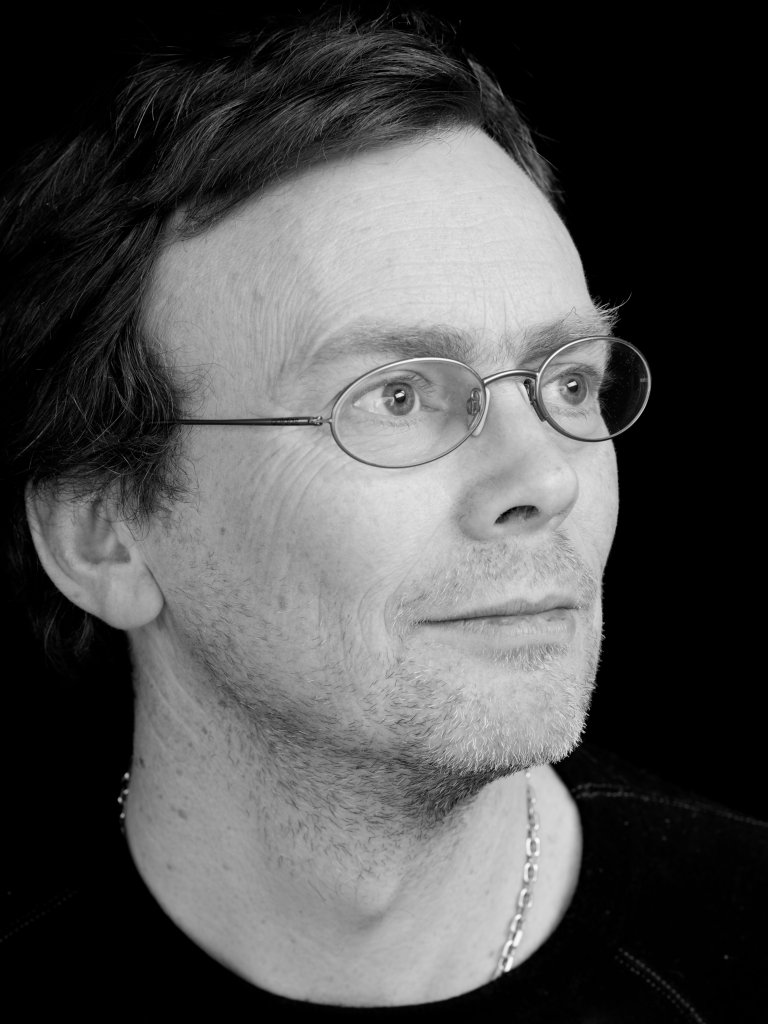
Halvard Fausk, Associate professor
Halvard received his PhD from the University of Chicago in 2003. His research has mainly been done in algebraic topology, especially topics related to equivariant homotopy theory. He also has some background in theoretical physics.
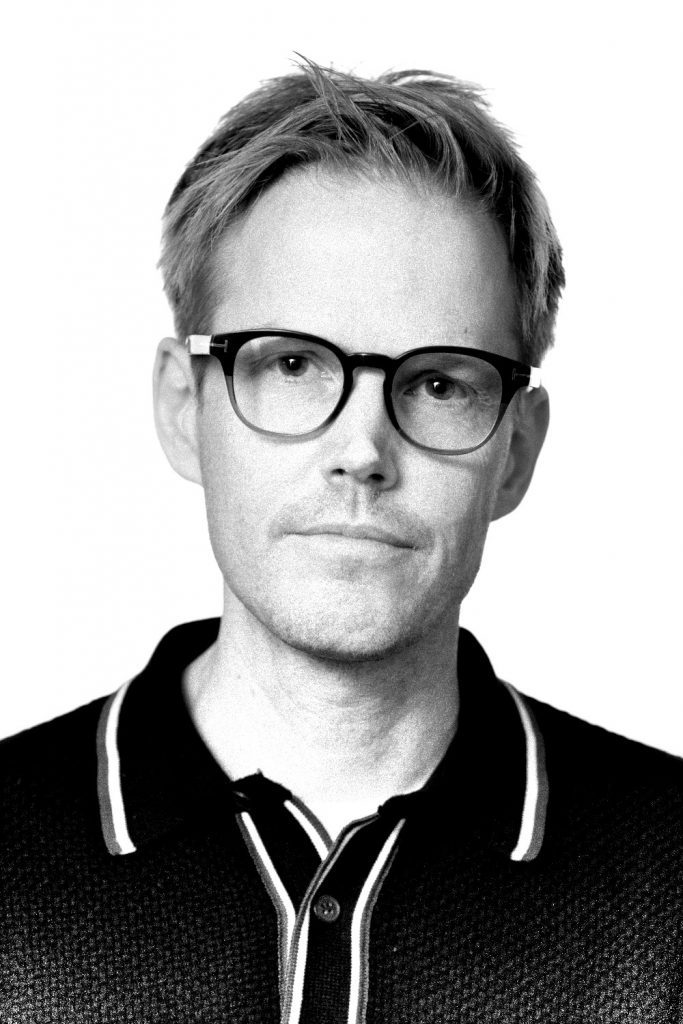
Hugo Lewi Hammer, Professor
Hammer has a master in industrial mathematics from 2003 and a Ph.D. in computational statistics from 2008. His research interests include improvement, reliability, and transparency of machine learning, reinforcement learning and deep learning models by developing methods within model interpretation, uncertainty quantification, robust statistics and causal inference.
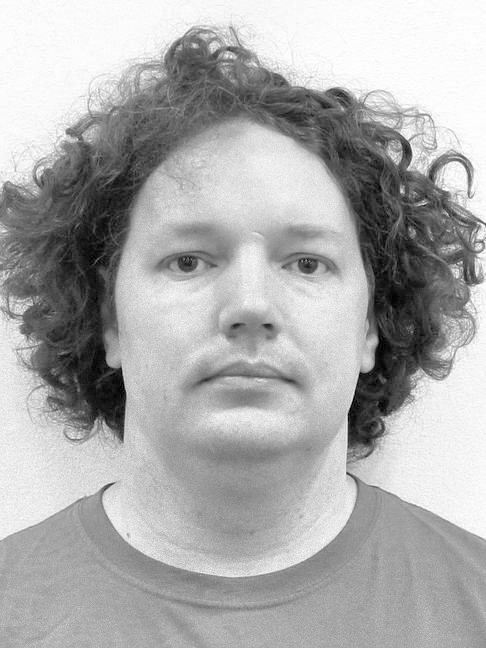
Nikolai Bjørnestøl Hansen, Assistant professor
Nikolai is a geometer/topologist working on a PhD from the University of Oslo. He has worked on multiple books on mathematics used by pupils in the Norwegian school system, and has been teaching mathematics in some form since 2008. His hobbies include recreational mathematics, programming, and games in all shapes and sizes.
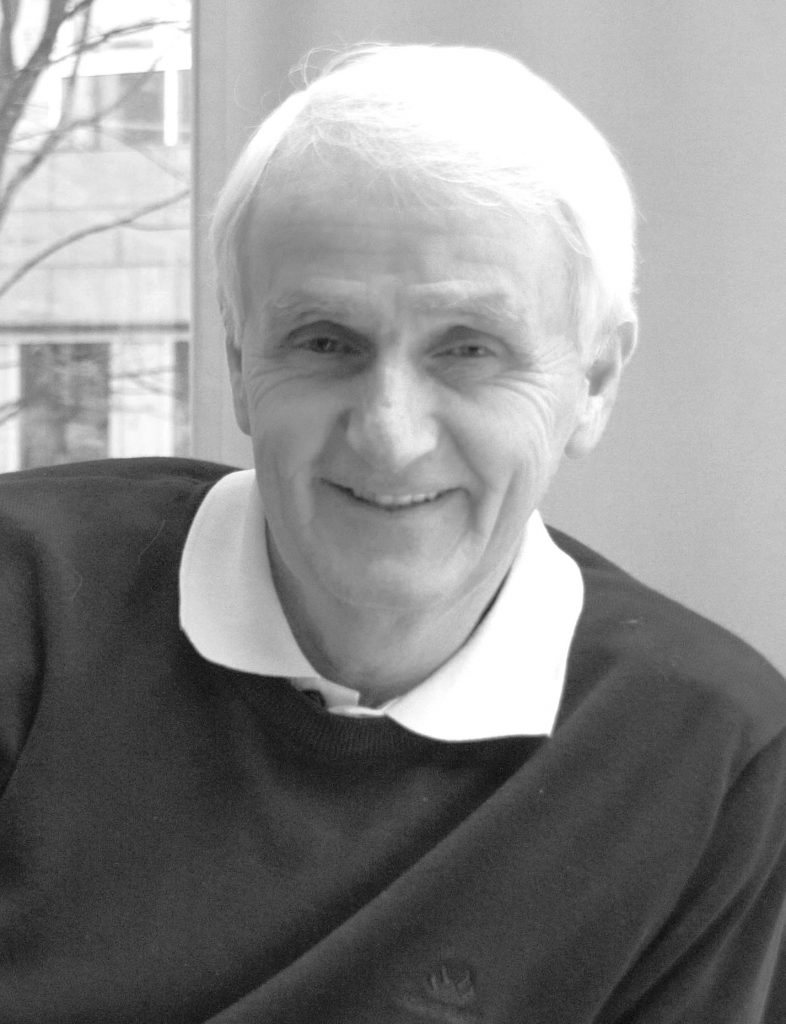
John Haugan, Dosent Emeritus (equiv. to Professor)
John earned his cand. real. degree in physics from the University of Oslo. After a period as senior research engineer in Det Norske Veritas (DNV) he has focused his R&D-effort on developing students’ learning and understanding of mathematics and science in engineering education. His current main interest is implementing constructive alignment in beginning courses in mathematics. John is author and co-author of several textbooks ranging from lower secondary to university level. In 2019 he was awarded the title Distinguished university teacher (Merittert underviser).
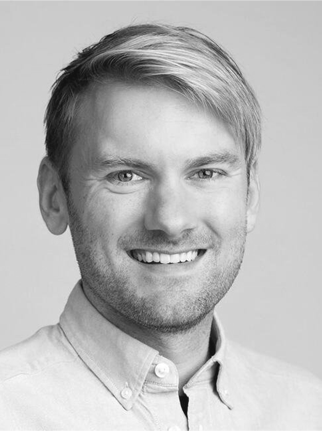
Kristoffer Herland Hellton, Associate Professor
Kristoffer joined the Mathematical modelling group in August 2023.
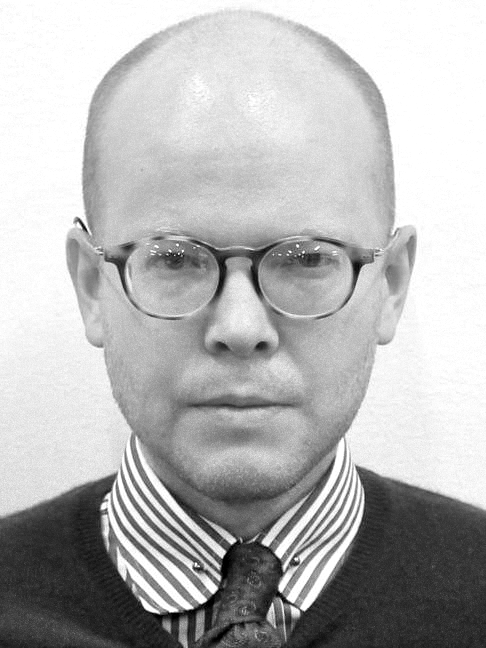
Andre Laestadius, Associate Professor
Andre has a background from mathematics and theoretical chemistry. In his master’s thesis, he studied mathematical aspects of quantum chemistry, specifically time-dependent current-density-functional-theory (under supervision of Prof. Olav Vahtras). After that, he completed a PhD in applied mathematics with the thesis Foundations of Density Functionals in the Presence of Magnetic Field. He is currently leading the ERC project REGAL.
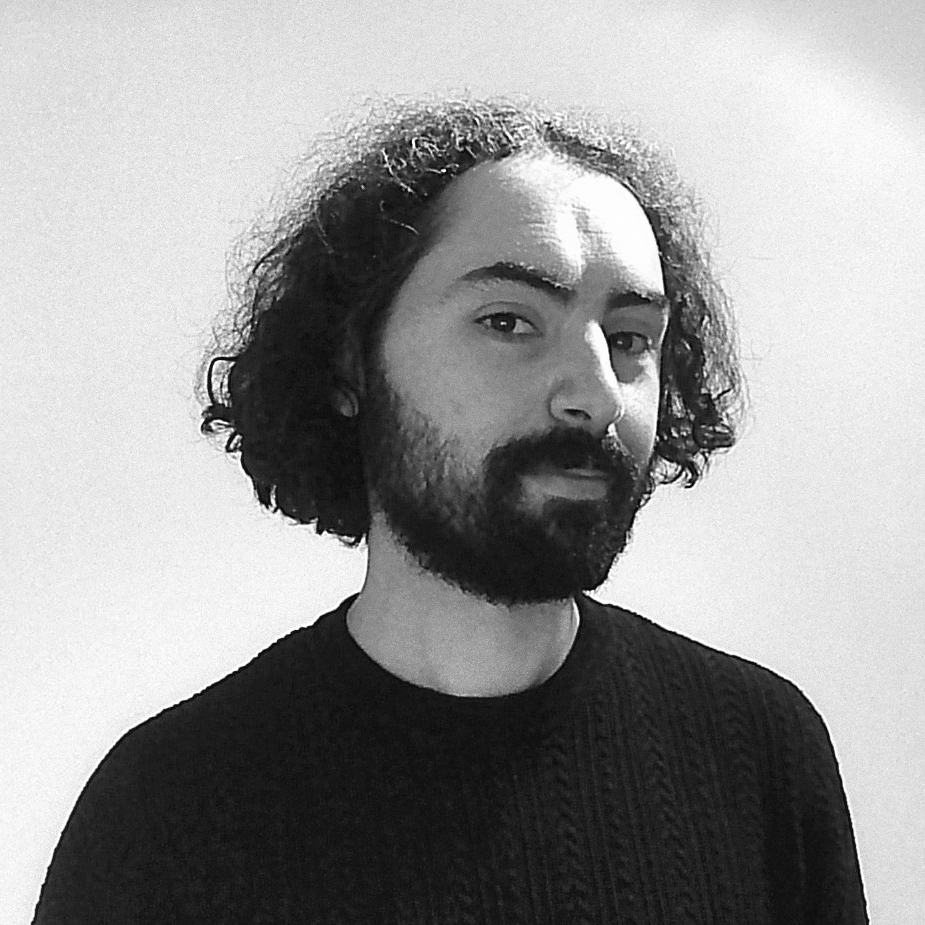
Marco Matassa, Associate professor
Marco Matassa is a mathematician who also has a background in theoretical physics. He received his PhD in Italy and has been a postdoctoral researcher at various universities in Europe. His main mathematical interests are non-commutative geometry and quantum groups, as well as their applications to physics.
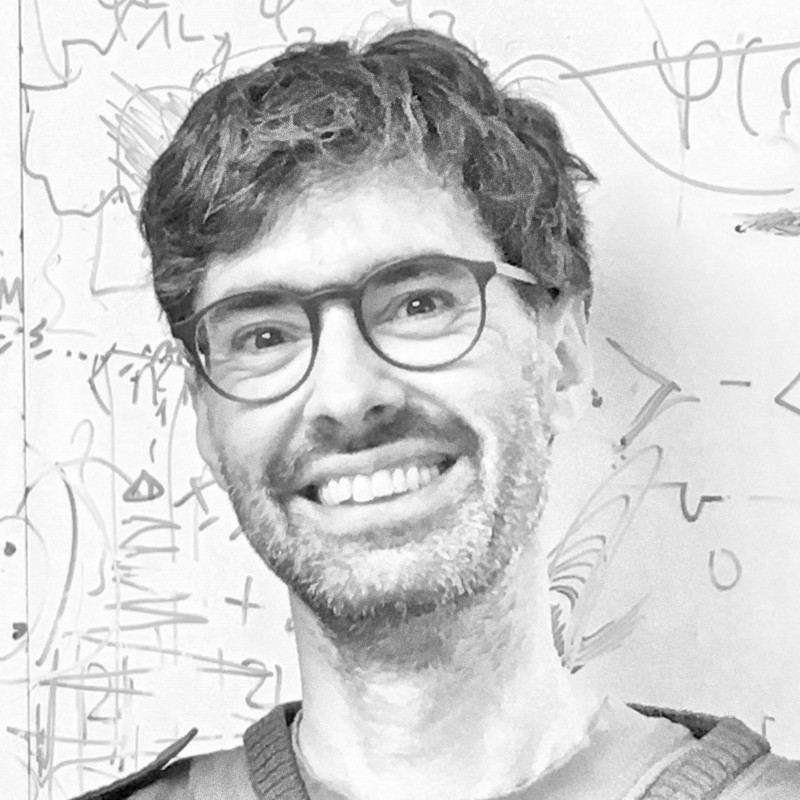
Markus Penz, Researcher
Markus did his master and PhD studies in Theoretical Physics and Mathematics in Innsbruck, Austria. He was initially interested in the foundations of quantum mechanics, later moved to the more applied field of computational methods in many-particle quantum mechanics, primarily density-functional theory, but stayed focused on the mathematical and theoretical side. After a postdoc at the Max Planck Institute for the Structure and Dynamics of Matter in Hamburg, Germany, he is now a member of the ERC project REGAL at OsloMet.

Mira Randahl, Associate professor
Mira Randahl has a master in mathematics and a PhD in didactics of mathematics. Her PhD thesis was entitled “Engineering students approaching the mathematics textbook as a potential learning tool – opportunities and constraints”, and her research interests include differential equations, mathematical proof, engineering students’ learning and application of mathematics and calculus textbooks’ approach to concept formation.
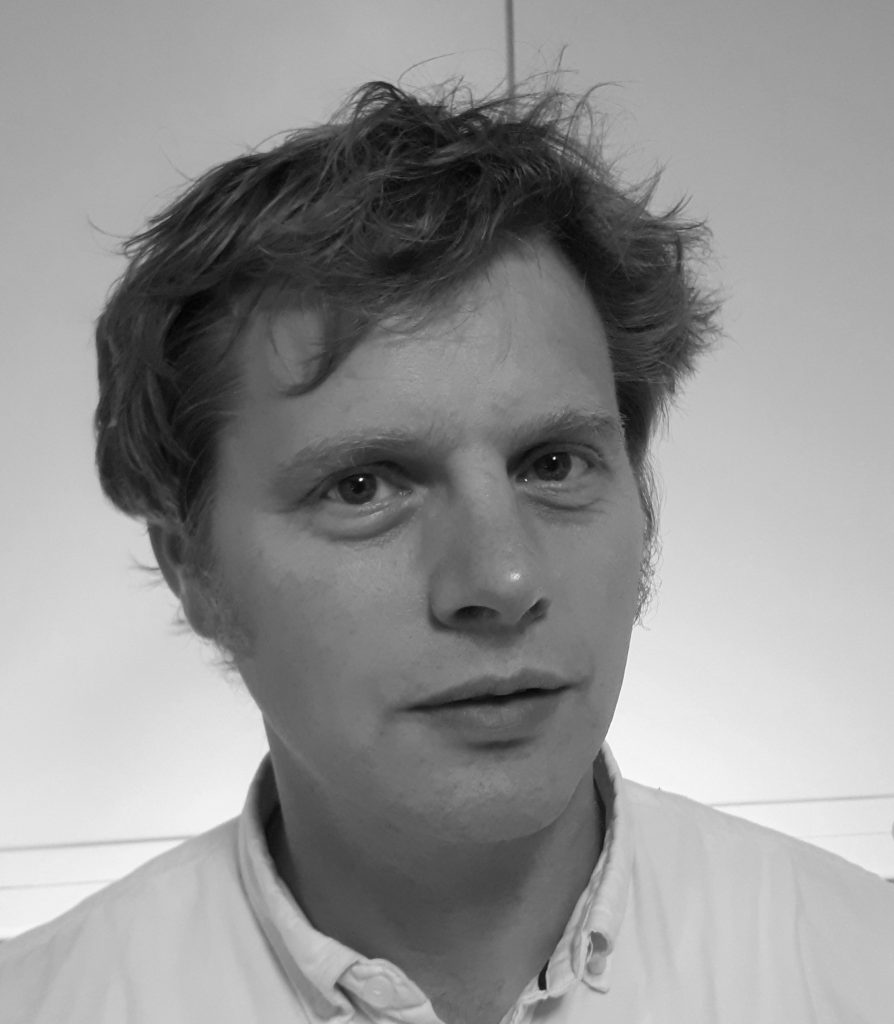
Sølve Selstø, Professor
Sølve Selstø earned his PhD at the University of Bergen – in physics. While his research background has, for the most part, belonged to the area of atomic, molecular and optical physics, his scientific passion is really quantum physics itself – both in terms of phenomenology, theory, implementation and application. Numerical methods and scientific computing in math teaching is also close to his heart.
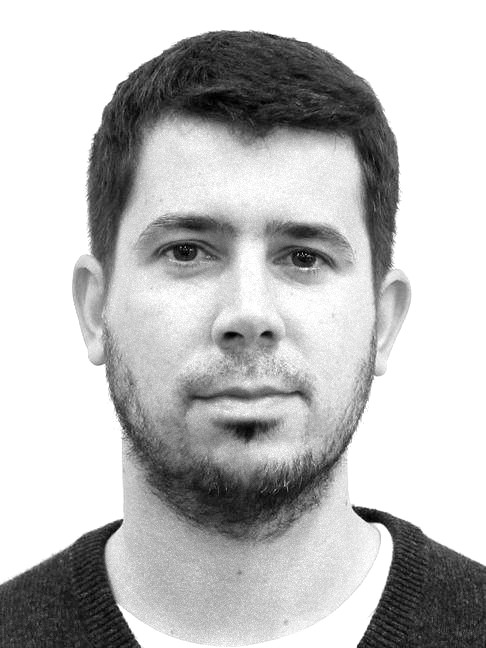
Martin Lilleeng Sætra, Associate professor
Martin Lilleeng Sætra earned his PhD in scientific computing at the Centre for Mathematics for Applications, University of Oslo. He has since been employed as a Scientist with the Norwegian Meteorological Institute. His research interests include accelerated and high-performance computing, numerical simulation, data assimilation, and scientific visualization.
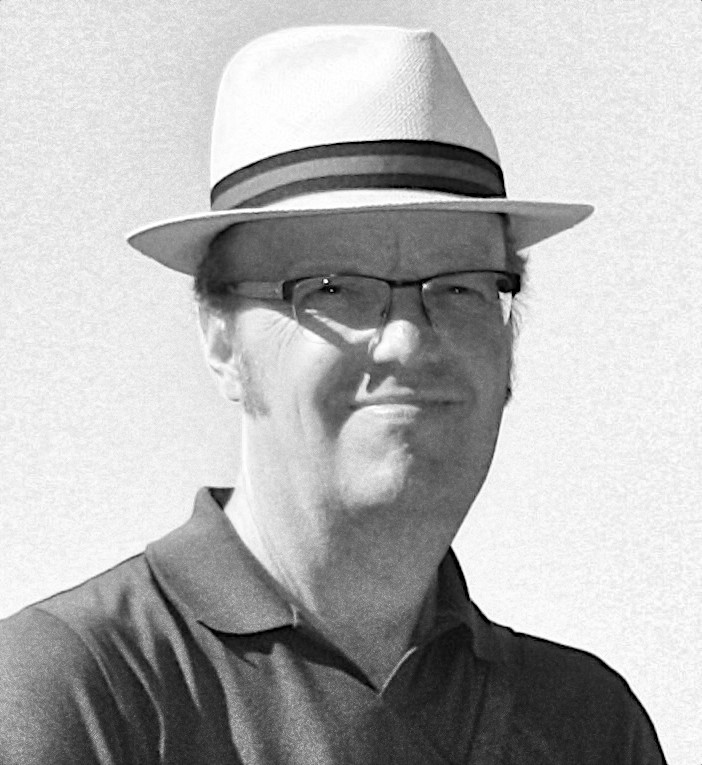
Lars Tuset, Professor
Lars Tuset has a Ph. D. in mathematics from NTNU in 1995, and spent four years on postdocs in Rome and Cork. His area of research includes quantum groups, operator algebras and non-commutative geometry.
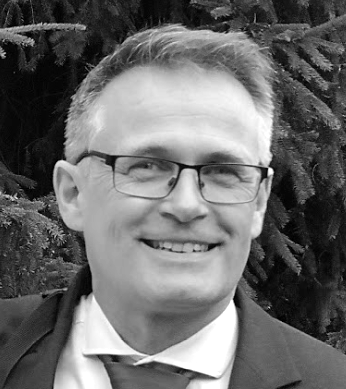
Leiv Øyehaug, Associate professor
Leiv Øyehaug earned his PhD in mathematical biology at the Norwegian University of Life Sciences in 2002. His research centers on application of mathematical models and methods to various real-world systems, most prominently to cellular systems in neural and heart biology. He also has a keen interest in teaching mathematics and its applications to bachelor, masters and PhD students.
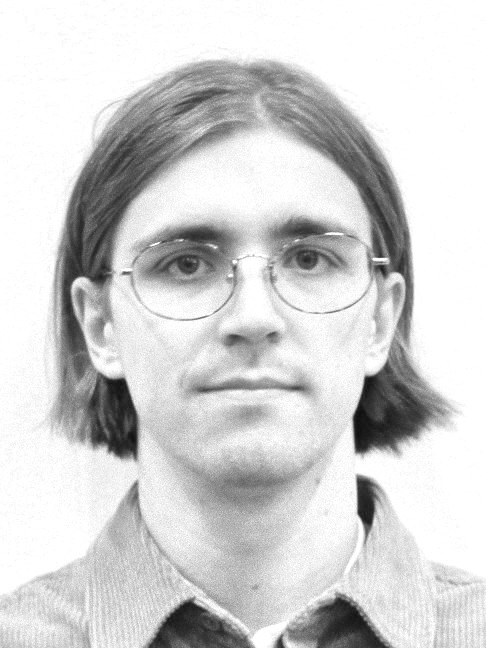
Heine Olsson Aabø, Researcher
Heine Olsson Aabø is a PhD candidate concerned with quantum computing in the context of complex optimization problems. He received his Master’s degree entitled «Quantum Computing and Many-Particle Problems» at the University of Oslo in computational science focusing on quantum computing and many-body physics. He is currently working on research related to quantum computing.